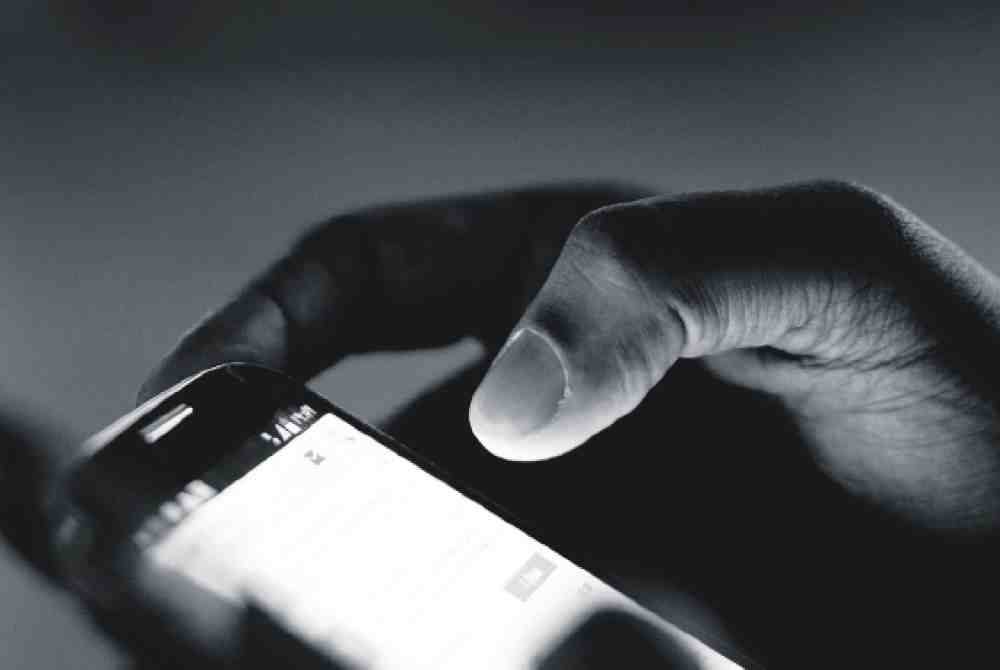'Empowering, not enflaming'
It is imperative for the public to recognise mainstream media as a credible source of information, governed by ethical standards and legal obligations.

SHAH ALAM - On May 29, National Journalists' Day (Hawana) 2024 was celebrated, commemorating the first edition of Utusan Melayu newspaper, which was published on May 29, 1939.
This year, Hawana was celebrated with the theme "Ethics: The Core of Sustainable Journalism”.
Media practitioners are ubiquitous at significant events, identifiable by their lanyards marked 'Media' and cameras.
Their dedication is evident as they tirelessly report on events, often sacrificing meals and breaks during emergencies to ensure timely dissemination of news.
The importance of media personnel cannot be overstated; they serve as the conduits through which accurate and timely information reaches the public.
During the opening ceremony of the Hawana 2024 exhibition in Kuching, Sarawak, Communications Minister Fahmi Fadzil highlighted the pivotal role journalists have played, historically using their pens to combat colonialism and foster a spirit of resilience.
However, in the current era of globalisation, media workers face escalating pressure as they contend with the proliferation of keyboard warriors who propagate sensitive issues and disseminate misinformation.
These actions burden journalists and impede investigations by relevant agencies, particularly in criminal cases.
With each instance of fake news, mainstream media journalists must invest resources in correcting misinformation to prevent public confusion.
It is imperative for the public to recognise mainstream media as a credible source of information, governed by ethical standards and legal obligations.
For instance, the irresponsible reposting of images, such as a ferry on fire in Langkawi, can incite panic on social media platforms, necessitating verification by media outlets.
The prevalence of fake news was particularly pronounced during the onset of the Covid-19 pandemic in 2020, exacerbating public fear and eroding trust in mainstream media.
Despite these challenges, media personnel remained at the forefront, diligently countering misinformation to assuage public anxiety and ensure the dissemination of accurate information.
In addition to misinformation, some keyboard warriors deliberately stoke racial and ethnic tensions, as exemplified by a recent court case involving offensive remarks about the word 'Allah'.
While there is nothing inherently wrong with engaging as a keyboard warrior, it must be conducted ethically, with factual accuracy, and without exacerbating societal tensions.
Ultimately, individuals must exercise discretion when engaging on social media platforms, refraining from spreading falsehoods that may have legal repercussions.
Roshila Murni Rosli is a journalist with Sinar Kedah Bureau.










